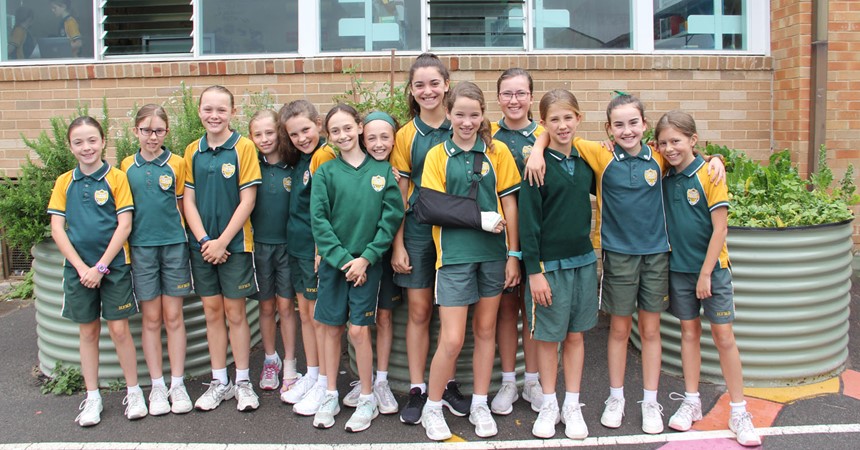Ms Cross is the director and founder of Cross Connections, a Newcastle-based sustainability consultancy business. In 2015 she began the Plastic Police program designed to help businesses divert their waste from landfill.
The program collects soft plastics, such as chip packets and cling wrap, and recycles them for use in asphalt for roads and other products including outdoor furniture. Ms Cross said the amount of soft plastic generated by her own home, which at that stage could not be recycled, encouraged her to take action.
“Sixty per cent of soft plastics go to landfill, 30 per cent is incorrectly placed in the recycling bin and only two per cent is going to bring-back schemes,” she said.
“There is more plastic than we can produce things out of – we need to reduce.
“In terms of soft plastic - if you can scrunch it, you can save it.”
Ms Cross began by trialling the Plastic Police program at her children’s primary school, Biddabah Public at Warners Bay. The experiment was a great success, with over 1000 kilograms of soft plastic collected over 12 months, some of which was used to construct an outdoor bench seat for the school. As a result, Plastic Police now offers a collection service to multiple schools and businesses, such as Hunter Water, Quarry Mining and our own Holy Family, Merewether Beach.
Holy Family principal Sidonie Coffey said the program had been a resounding success since the school took it on 18 months ago.
“My former P&F president, Liesel Allan, and her husband, asked me to look at it and were the main drivers in getting it started,” she said.
“The education process was the most important aspect – teaching the kids what soft plastic is – if they could crunch it in their hands they could recycle it.”
A team of Year 5 students, known as the “Eco Warriors”, are responsible for emptying the specially designated soft plastic receptacles into a large skip bin for collection by Plastic Police.
“We receive a monthly report from Ms Cross on how much we have recycled. This really gives the kids ownership of the program,” Ms Coffey said.
The format perfectly complimented what the school was already doing in relation to environmental sustainability, Ms Coffey said. “We have our own chickens and vegetable gardens, which food scraps go to, and everything we grow goes to the canteen to be sold.”
Holy Family’s primary goal moving forward is to purchase outdoor playground equipment constructed of soft plastic and to spread the word about Plastic Police, Ms Coffey says.
“It is a very low maintenance program to run - I would strongly recommend it to other schools – the kids and their families have really embraced it,” she said.



























































































